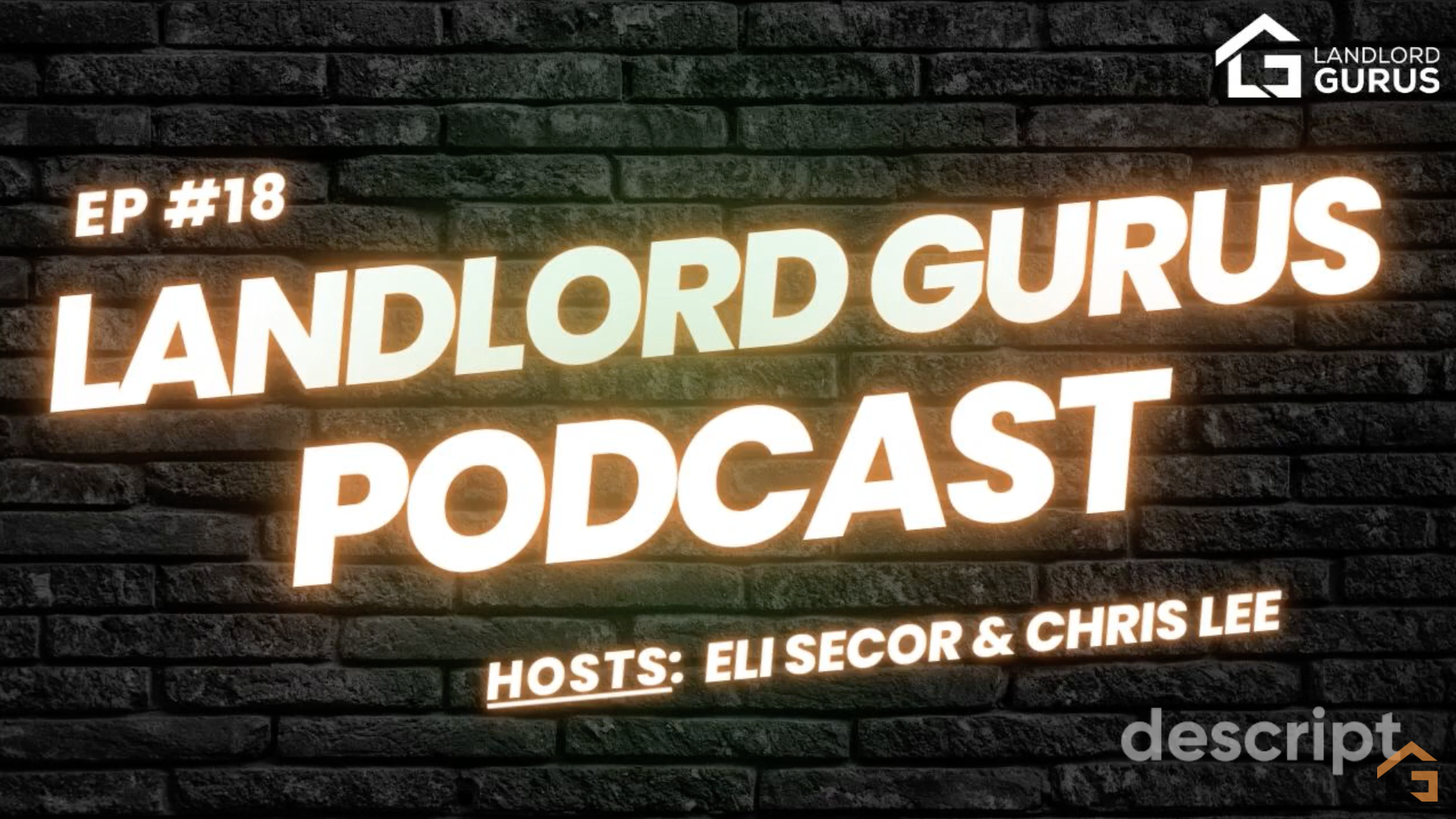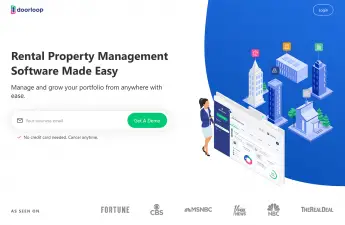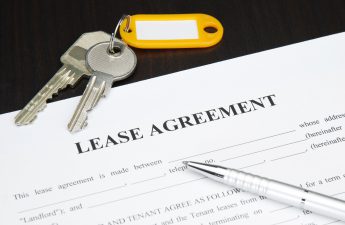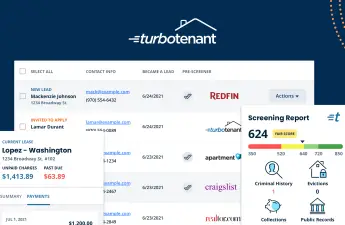In this video, Landlord Gurus founders Chris Lee and Eli Secor discuss routine rental inspections. They are a critical part of keeping your rental properties in good condition. They answer questions such as: Why should you do them? How often should you do them? And what should you look for?
Topics in this video include:
- Why should routine rental inspections be done? [0:20]
- How often should you do routine rental inspections? [1:31]
- Things you should look for [2:12]
Transcript
Chris Lee: This is Chris and Eli with Landlord Gurus. Today we’re going to talk about routine rental inspections. So we’re gonna talk about what they are, why we do them, how often we do them, and what these routine rental inspections entail. So I guess, first of all, routine rental inspections, it’s basically when you go check on the condition of your property.
You want to do this at regular intervals, to get a good sense and feel for the condition of your property, whether the tenant’s maintaining it, keeping it clean, etc. We’ll get into more about what we actually do in these inspections, but that’s the gist of it. Eli, why do we want to do these inspections?
Eli Secor: Yeah, the best reason I think is just so that I know what the condition is. More often than finding an issue with a tenant is just something that I spot. Depending on the tenant, there are definitely lots of cases where they haven’t mentioned something to me. So, you know, I like to just be there regularly.
Sometimes I’ve forgotten something, you know, that came up often. It’s just blinds on a window or, it can be more serious than that. But, you want to know what the condition of your property is; get a list together of what needs to be done for best practices and see how your tenants are taking care of it and remedy that if there are any issues.
CL: Right. I mean, this is a big investment that we have, right? Our rental properties. And, as with any investment, you want to make sure that they are being taken care of. And, you know, you’re right. This is one of the ways that we do that.
ES: Exactly.
CL: So how often do we do this?
You know, personally, obviously, anytime there’s a vacancy, I’m there and we can inspect it. So if that’s once a year, if it turns over once a year, then great. For me and my properties, that’s a decent interval. But often, you know, I have tenants that are there for a second year or a third year, and you might not get there then if you’re not inspecting it regularly.
If that’s the case, even if it’s turning over and they’re renewing, you kind of want to try and get back in there and schedule an inspection.
ES: Yeah, I do yearly. Some people do more, and you may find that depending on either the property or the tenant that you want to do it more often, you know, if there are issues then you just may want to step it up. But I do it yearly.
CL: Yeah. So what do you look for when you go?
ES: Generally just kind of a sharp eyeball. Some critical things, I think, are plumbing-related. You both want to look at whether or not you have leaks in drains, which often are leaking into the property. Below sinks, people don’t notice leaks often, and then it ends up in the apartment below or, you know, rotting out the cabinet, that type of thing.
Just as important are leaky fixtures, including toilets, which cost you a lot of money in water. Those bills, add up really fast. There are various products that you can purchase and install now to detect leaks and monitor usage and that type of thing.
So, definitely those two things. You also want to look at the condition of the smoke detectors and carbon monoxide detectors. Check the batteries, plan just to replace the batteries on that once a year.
CL: Yeah, better to do that, than wait too long, and then they start beeping in the middle of the night, disturbing everybody and then they become a pain at that point.
ES: Oh, and then somebody takes it down. You know, they take the battery out and don’t put it back and then it’s not functional at all, right? Yeah. And there can be liability associated with that if you don’t have the safety equipment. It’s important.
Another common thing that I look for are moisture issues, related to the leaks, but it can also just be how people live. Are they using fans, is there some kind of a problem with either a fan, or leakage of some kind?
Do you have darkness on the paint, some kind of an indicator of mildew? Or mold? You want to deal with that stuff right away. Often, it’s just too much moisture in the air. So, I’ll try to make sure that the ventilation is working and that people are using it.
I now use timers so that people punch the button and it goes for half an hour. And so it’s not just when they’re in there. Yeah, that’s one thing. and you’ve written Chris about, locks and security and that type of thing. Rekeying. So, you definitely want to make sure that the place is secure and safe.
What are the things that you kind of came up with?
CL: Right. So you want to check the locks, make sure the deadbolts are working. I think, by law, you have to have a working, functioning deadbolt. Check the windows, make sure they open and close properly and make sure they lock properly.
And especially, sometimes people put a stick or whatever in front of the window. Things like that. So I guess you just want to make sure that everything is functioning properly so people can get in or out when necessary.
ES: Yeah, again, best practice as well as liability.
CL: Yeah, true.
ES: I check appliances, and while I don’t take enough time to go through a full cycle, on a dishwasher, for example, I do open it up and see whether or not there’s water standing in the bottom or kind of discoloration, which can mean either misuse or a bad pump and that type of thing.
So you’ll get ahead of that type of thing. Make sure people are cleaning the screens on the dishwasher. Check the elements on the range, that type of thing.
CL: That sounds good. Yeah. And we talked about plumbing before, so like caulking, if the caulking is worn out, then you can end up with water damage.
![]() Also Read: Rental Turnover, Preparation, and Upkeep – Video Extra
Also Read: Rental Turnover, Preparation, and Upkeep – Video Extra
ES: And discoloration. Around the tub or shower, it’s a common thing. It lasts a couple of years and then you need to re-caulk. It costs a couple bucks and a little bit of time, but it’s good preventative maintenance and people are a lot happier if they don’t have a gray, you know, line in those spots.
That’s a common one. And then, there is the issue of cleanliness, which is tricky. It’s no fun to tell people that you don’t like how they’re living. So I generally stay away from that unless I see issues where it’s going to impact the condition of the building. So moisture, you know, if they’re leaving water standing, if they’re putting things down on countertops that are staining them.
Sometimes things just get so dirty that they’re damaged, and, you know, really gross bathrooms. Sometimes you have to tell people that they need to keep things clean.
CL: Yeah. And we’ve talked about this before, where I had a tenant that was living in some pretty poor conditions. And so, I mean, it was a hazard. Both to him and the neighbors, in terms of insects and flammable things left in front of the heaters. So that was an issue.
In this case, it was all about safety. And so, that was an easy one for me, I guess, to tell them that it needed to improve. But not so easy in terms of, you know, the condition of the property to see that was hard.
ES: Yeah, and that’s a spot where you might want to step up the frequency of your inspections.
CL: Exactly. Yeah, I had left it for a year in his case and that was clearly several months too long.
ES: Yeah. I mean, people can be great people and live in a way that is not to their benefit or others or the building. Unfortunately, you have to take care of those things. It’s part of the job.
CL: So I think those are the sort of the main things that we look for in our inspections, our regular routine inspections. Again, it’s something that we should aim for once a year or more.
It’s a good idea to stay on top of it. Check the condition of your property. Make sure that everything is functioning right.
Again, it’s your investment you want to take care of. And so, it’s best to stay on top of it. And, we also recommend creating a checklist, routine inspection checklist. Something that you have and that you just know that you’re going to look for and you can look at everything 1 by 1. And so you don’t forget anything. That’s something that we do, that’s something we recommend you guys do as well.
If you are interested in having us share our checklists, that’s something we can do. Just let us know in the comments down there and we can see what we can get to you guys in the near future.
ES: Yeah, let us know if there are particular things that you check out. I’m sure we haven’t thought of everything, so chime in.
CL: Yeah, definitely. Again, if you like this video, let us know, like and subscribe, and share to other landlords in similar situations as us.
And, we’ll see you again next time. Thanks very much.
ES: Bye bye.
Disclosure: Some of the links in this post are affiliate links and Landlord Gurus may earn a commission. Our mission remains to provide valuable resources and information that helps landlords manage their rental properties efficiently and profitably. We link to these companies and their products because of their quality, not because of the commission.




